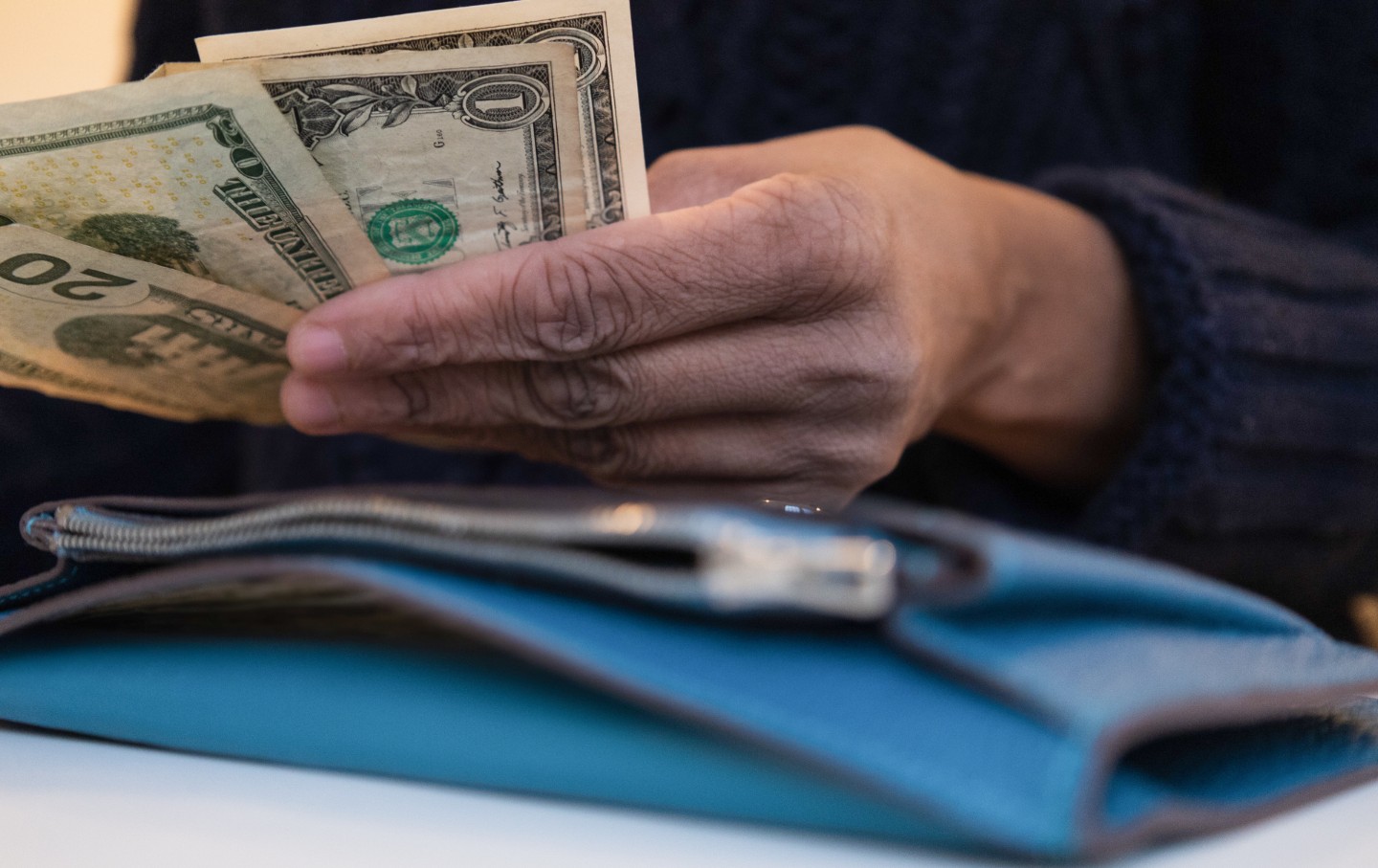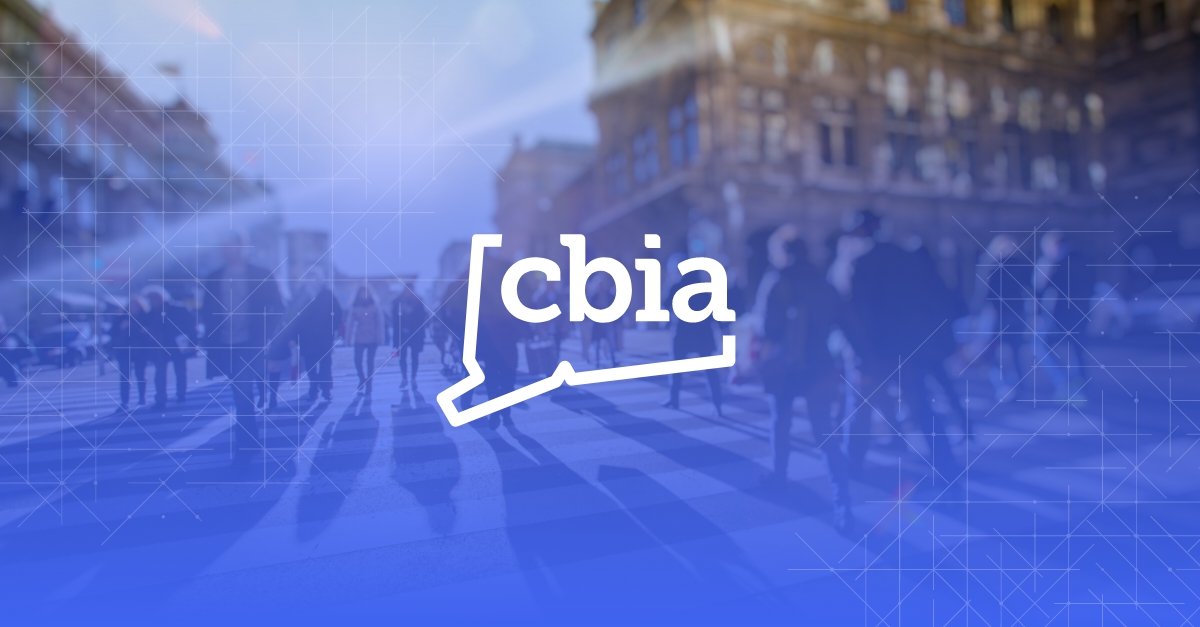How the student debt crisis is hurting women

Today, women hold more than two-thirds of America’s trillion-dollar student debt. Each has, on average, $31,000 in student debt before they even start their careers, and because of the persistent gender wage gap, it takes women years longer to pay off their debt. All of these obstacles are multiplying at a time when women, for the first time, are more often than men seeking higher-level degrees. Despite the hard work and aspirations, it is fundamentally more difficult for women borrowers to pay their monthly payments and overcome this debt, regardless of their level of education or experience.
Thanks to a moratorium on payments put in place during the Covid pandemic, most student borrowers have not had to make a payment for more than two years. But pandemic relief is only a temporary solution. On May 1, payments are expected to restart for millions of people. Many experience anxiety and fear as they face the possibility of financial ruin, of drowning in debt.
Pandemic relief has enabled people to put food on the table, pay rent, and pay for health care and medicine during the crisis. Others were able to get ahead for the first time; they started small businesses, bought homes and saved for retirement. A world without student debt has changed their lives for the better, and now there is an unprecedented movement to cancel student debt for good.
Below is a series of stories from communities impacted by debt, produced in collaboration with the Student Debt Crisis Center to highlight the voices of everyday people and highlight calls for our government to cancel student debt through action. of the presidential executive.
My student loan payments are higher than any of my other bills. Read that again. My loan payments are more than what I pay for my rent, my car, my insurance, my credit cards and everything else. I’m 27 and I feel like I can’t even start my life. I want kids right now, but I know I can’t have any because I’ll go broke trying to pay for it all. I can’t buy a house because my debt ratio is too high. I had countless medical bills to collect because I had to choose between doing this or not paying back my student loans. Education should not be a lucrative industry.
—Alexandria Myers
Indebted since 2012
The job I was promised would be available when I graduated was not there. I could only work for minimum wage, where I had no way to save for retirement because I had to pay my student loans. This debt has kept me from trying to pursue a master’s degree for fear of racking up even more debt. Canceling student debt would mean I could afford to pay my medical bills as I am currently battling the long term effects of chemotherapy.
— Lynnette Wilcox
Indebted since 2006
I do two jobs just to survive. I can’t own a house and I can’t even afford my rent, car payment and car insurance. My daughter suffered because of my student debt. I can’t afford to buy new clothes when we need them. Even with my dental insurance, we can’t afford to have our teeth fixed. I can only buy $50 worth of groceries a week, but sometimes not even that much.
—Melanie Lisciandro
Indebted since 1994
Student loans were created so that everyone could get an education. Today this is not possible. I had no undergraduate debt and had a major law school scholarship, but I still walked out with $70,000 in debt. After five years of payments, I now owe $110,000. Without the cancellation of the student loan, the debt incurred by the students will be impossible to repay due to compound interest.
—Jessica Gill
Indebted since 2015
I pursued graduate school because I believed that having a college degree made a huge difference in a person’s future success in the job market. Instead, my student loan debt has impacted every aspect of my life. I am unable to take out a parental loan to help cover my daughter’s college education, and I will never allow her to take out her own college loan. I still believe in the benefits of higher education, but they should be equally available to all American citizens.
—Darlene Schniewind
Indebted since 1991





![[Press release] Debt crisis: a failed G20 summit](https://www.cadtm.org/local/cache-vignettes/L710xH373/f0bd231bf33e0619051e008da75a42-274d7.jpg)
